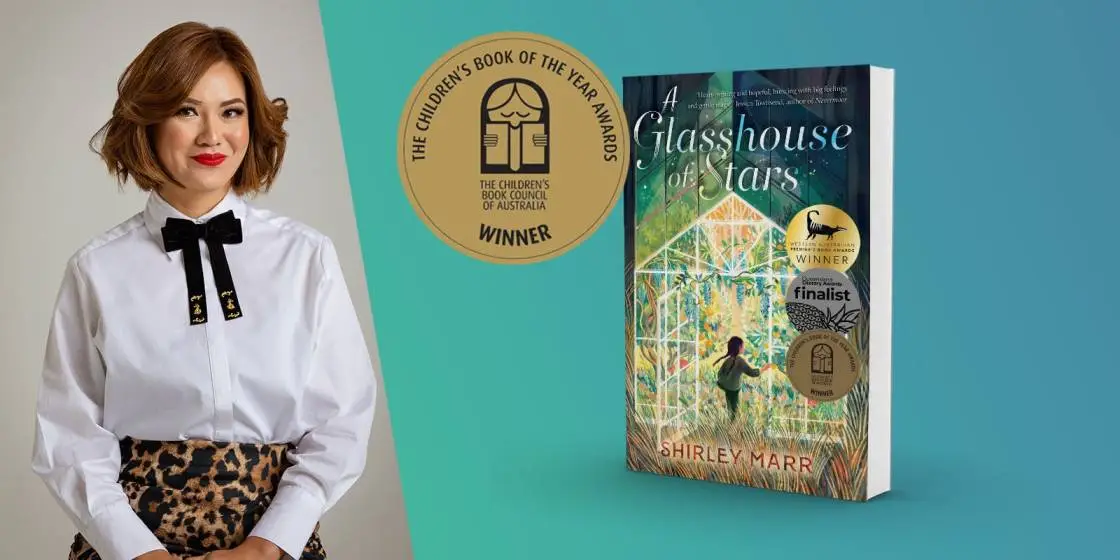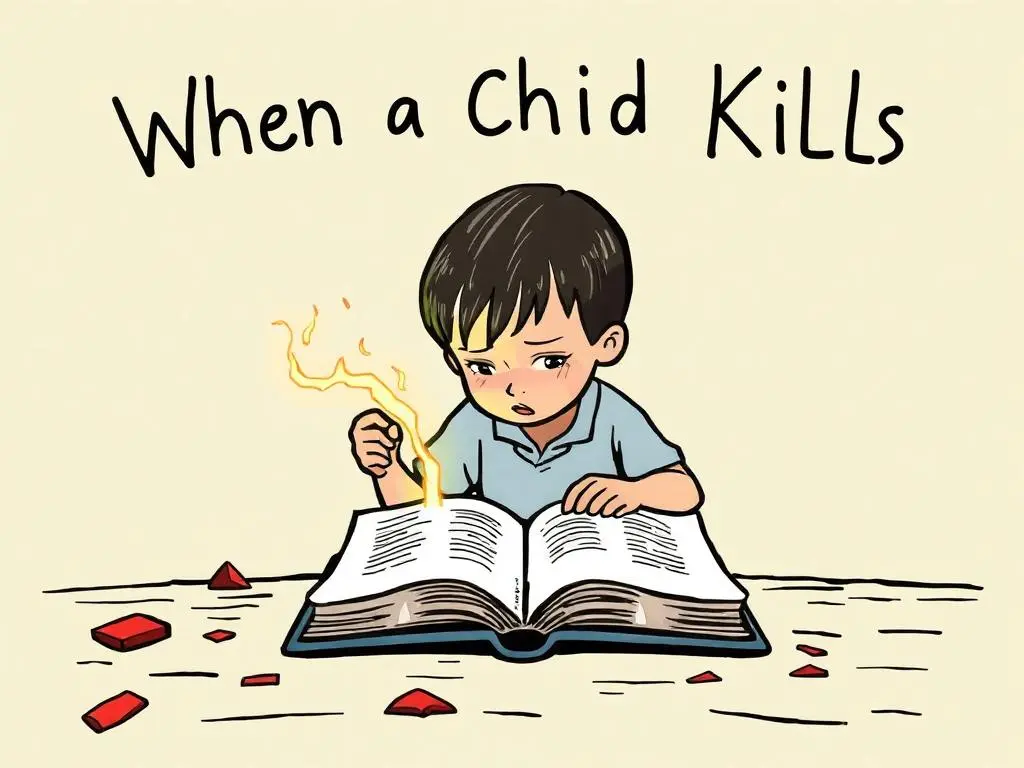Attention, Working Writers: Lorrie Moore Admires What You Do

“I also admire the ones who are taking a break and not working,” says the novelist and story writer, whose “Collected Stories” came out this month.
What books are on your nightstand?
Sharon Olds’s “Arias,” Gaston Bachelard’s “The Poetics of Space,” Chelsey Minnis’s “Baby, I Don’t Care.”
What’s the last great book you read?
Toni Morrison’s “Beloved.” (I reread it last summer after Morrison died to see if it was as great as I recalled, and it was greater.) Having missed it when it first came out, I also read Alice McDermott’s terrific “The Ninth Hour,” which stretches and coils time in a similar fashion to “Beloved.” I also recently read the Lowell-Hardwick correspondence, “The Dolphin Letters,” which reads like an engrossing epistolary novel from some postwar American Bloomsbury. Often the correspondents refer to the original Bloomsbury as if they were indeed winkingly aware of their own.
Are there any classic novels that you only recently read for the first time?
“Far From the Madding Crowd.” “The Woodlanders.” I had only seen the films. Hardy is a very cinematic writer and there’s nothing the filmmakers did that he didn’t think of first.
Can a great book be badly written? What other criteria can overcome bad prose?
The Bible? The Constitution? If it is foundational in some way and you need it for legal or religious reasons, well, good luck to you. Dangling modifiers and nonsense galore. There are certainly great books that have been badly translated, that is, they sit on the reader’s ear with improbable diction or a dull style. I hate to read anything that does not sound clear, beautiful and alive.
Describe your ideal reading experience.
I am still seeking it as it would involve having nothing else whatsoever to do for days on end. It would also involve the ideal pillow and the ideal neck. Also perhaps a contraption that would descend from the ceiling and hold the book at the ideal angle and with the ideal light, while one sips tea as the pages turn when you need them to. Ideally.
What’s your favorite book no one else has heard of?
I spent a part of my childhood trying to get friends and classmates to read a book titled “The Turnabout Girls,” which is about social class; it takes “The Prince and the Pauper” and updates and transforms it for girls. No one had ever heard of it but it was in the Sanford Street Elementary School library in the town I grew up in. I’m going to Google right now to see if I can find it. (Oh, my God: It’s currently the title of what looks to be a piece of pornography. Well, of course.)
What book should everybody read before the age of 21?
Grimms’ fairy tales and Hans Christian Andersen’s. You won’t really understand the true horror of them and can enjoy them more. Also, when young one has a tolerance for the grisly that is practically bottomless and laced with fascination and delight.
What book should nobody read until the age of 40?
Grimms’ fairy tales and Hans Christian Andersen’s. You will see how nightmarish and nihilistic they are and perhaps not read them to your children.
Which writers — novelists, playwrights, critics, journalists, poets — working today do you admire most?
All of them. I also admire the ones who are taking a break and not working.
You write both novels and short stories. As a reader, are you inspired by anybody in particular who also works in both forms?
Ann Beattie, Joyce Carol Oates, Edward Jones, Roddy Doyle, Julian Barnes, Charles Baxter, Jayne Anne Phillips, Susan Minot, Zadie Smith, Thomas McGuane, Tony Earley.
What do you read when you’re working on a book? And what kind of reading do you avoid while writing?
I have no rules.
Do you count any books as guilty pleasures?
You mean, like Robin Cooper’s “The Timewaster Letters”? Even that I don’t feel guilty about.
What’s the last book you read that made you laugh?
Roddy Doyle’s “Love,” Ottessa Moshfegh’s “My Year of Rest and Relaxation.”
The last book you read that made you cry?
Miriam Toews’s “All My Puny Sorrows.” Also the endings of the Munro stories “Carried Away,” “The Albanian Virgin” and “Family Furnishings.”
Also the ending of Gilbert Sorrentino’s “The Moon in Its Flight.” Plus all of Mercutio’s lines in “Romeo and Juliet.”
The last book you read that made you furious?
Oh, if it makes me furious I don’t get very far, so I don’t know if my fury would have subsided and become something else. The ending of Susan Choi’s last novel was maddening — but in an interesting way.
You teach in the English department at Vanderbilt University. What’s your favorite book to assign to and discuss with your students?
I usually try to teach some Alice Munro. And once in a while I’ll try Gilbert Sorrentino, which is a lost cause. More recently the students surprised me by really liking Natalia Ginzburg.
Do you think any canonical books are widely misunderstood?
“To Kill a Mockingbird” is much more problematic on the subjects of race and class than is often noticed or discussed.
What’s the most interesting thing you learned from a book recently?
That Jane Austen’s mother allowed Jane’s young brother to accompany a strange couple who were about to embark on their honeymoon and who had taken a fancy to him. Later Mrs. Austen allowed the couple to adopt him. Is this not shocking?
Do you prefer books that reach you emotionally, or intellectually?
Emotionally, of course. Both would be good, though one shouldn’t have to choose.
You organized your collected stories alphabetically. Is that also how you organize your books?
Alphabetical and by genre.
What’s the best book you’ve ever received as a gift?
Patti Smith’s “Just Kids.” Usually books as gifts don’t work for me but this one did.
How have your reading tastes changed over time?
Probably they haven’t. I’m still looking for voice and for information and for emotional surprises.
You’re organizing a literary dinner party. Which three writers, dead or alive, do you invite?
Three is perhaps not a festive number of guests. I would like to throw a 45th-birthday party for all the great writers who died at 44: F. Scott Fitzgerald, Anton Chekhov, Robert Louis Stevenson, Henry David Thoreau, D. H. Lawrence, Joseph Roth, Marvin Gaye and Billie Holiday (she did write a little and was an auteur of sorts). And we could add Mary Queen of Scots, for Stevenson, in case he liked her poetry. As a gift I would crowdsource funds and hire Smokey Robinson and every single one of the Miracles to sing “Happy Birthday.” Also Sondra Radvanovsky. There would be balloons.
It might make an interesting play.
What do you plan to read next?
A forthcoming novel by Simon Han and a novel-in-stories by Sidik Fofana.




